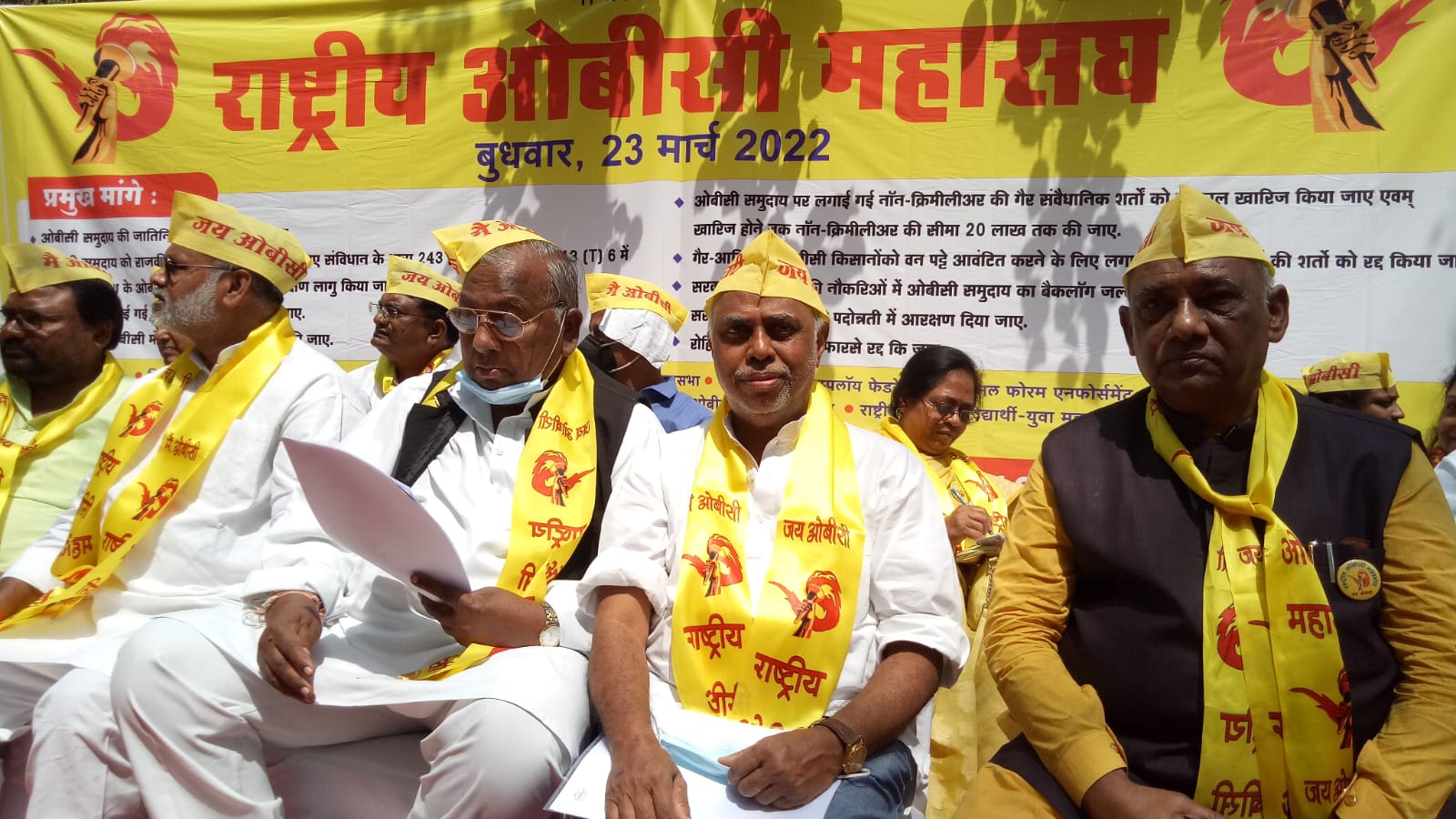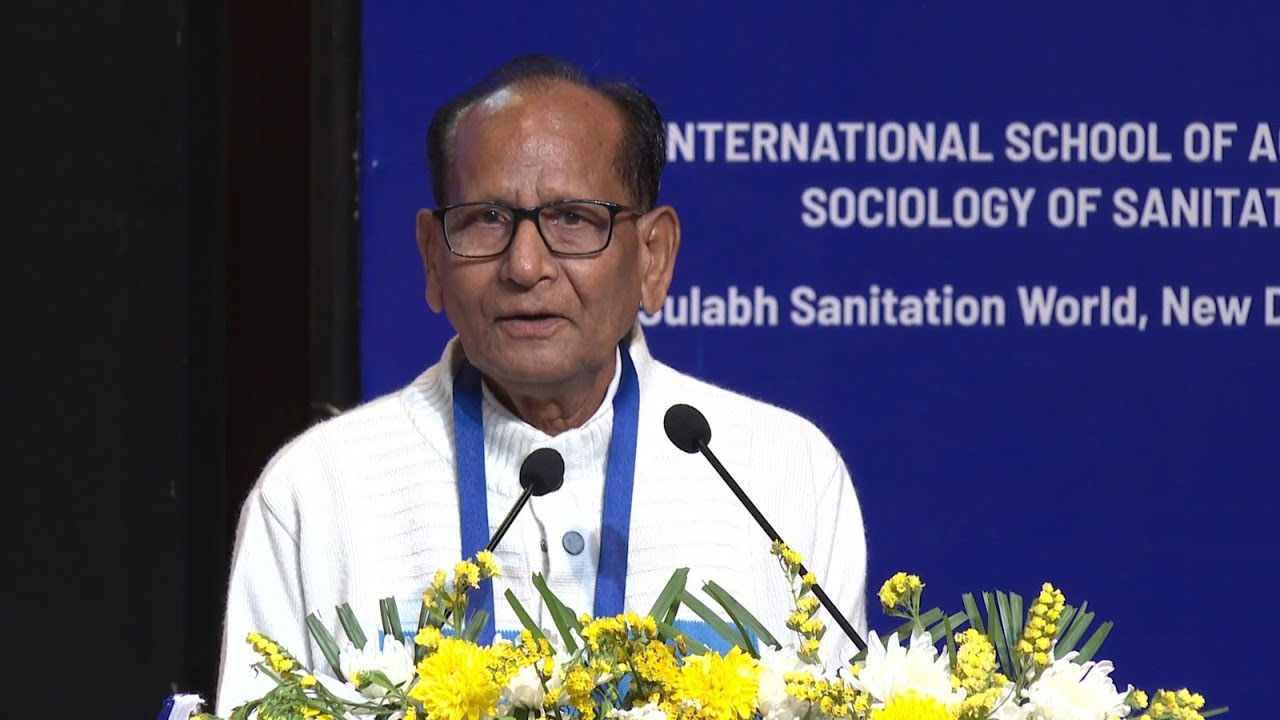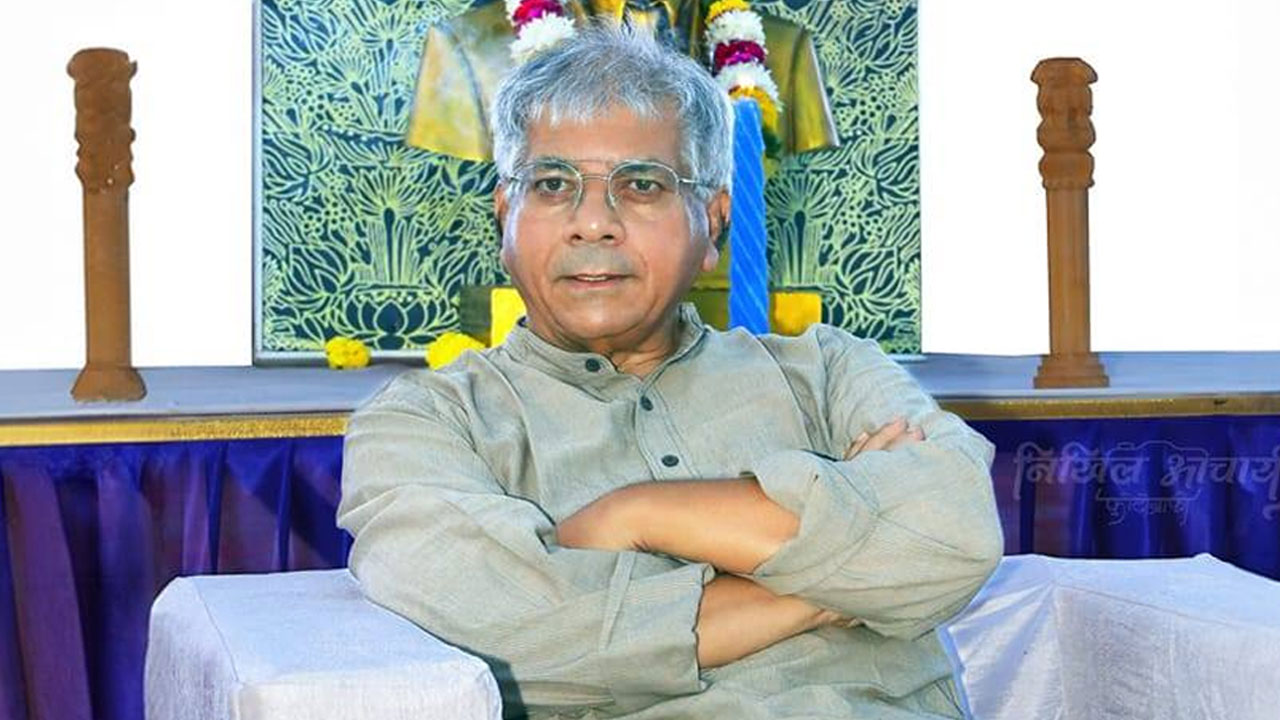The companies selling news in India are no different from those selling products of different kinds. Media companies sell religion, caste and nationalism. They manage to make a neat profit even out of the refuse of corporate houses.
Britain is in the throes of a deep economic crisis. In fact, all capitalist countries, India included, are similarly placed. In countries like Britain, it is difficult to divert people’s attention from their privations by whipping up nationalistic passion rooted in communalism, casteism and religious fanaticism. Hence, the political leadership that failed to mend the country’s economic situation had to call it quits. Now, the Conservative Party has given Rishi Sunak a chance to use his personal money-making skills to repair the country’s economy. Sunak has made tons of money and is counted among the richest in the UK.
How to present the news that a top political executive had to resign because she could not handle the economic crisis enveloping her country? This was a challenge for the Indian news media, for India’s own economy is in shambles. In India, the Hindi news media are the most influential, and known to sell communalism and casteism. For them, the best brand of nationalism is one that thrives on these two.
These media outfits have turned the news of political change resulting from an economic crisis into chest-thumping over Rishi Sunak’s Indian ancestry and Hindu identity. For Hindi newspapers, the fact that the ruling party was forced to sack its leader owing to her failure to address the financial crisis was not important. What was more important was that the new incumbent is a person of Indian origin, a Punjabi Khatri and a Hindu to boot. It mattered little to them that Sunak is obviously a British citizen, whose ancestors belong to undivided India, to a place which is now in Pakistan. His religious beliefs are of little consequence in his political appointment.

Media companies are involved in an unseemly race in which victory depends on how aggressively one can package nationalism that draws sustenance from casteism, communalism and religious bigotry. The expansion of modern media companies has been a corollary of the growth of nationalist politics. Since the rise of internet-based media, headlines have become news. No wonder, the race for aggression and sensationalism is most palpable in the headlines of news stories published on the websites of newspapers and news TV channels.
Here is a sample of the headlines announcing Sunak becoming prime minister:
Rishi Sunak scripts history, is Britain’s first Indian-origin PM
Diwali gift for India: Sunak to be British PM
PIO Rishi Sunak scripts history. Britain gets Hindu PM on Diwali
Takes oath with his hands on the Gita, lights earthen lamps on Diwali, know some key facts about Sunak
The rivalry between media companies has led to the manufacture of nationalism of different descriptions. Crafting “nationalistic” headlines is a skill in demand. That was why headlines announcing Sunak’s appointment as British PM were dripping with Hindu communalism, focusing on his Indian and Hindu credentials instead of his professional and political background. If, in the process of packaging headlines, the basic norms of journalism become a casualty, so be it. Sunak did not take oath on the Gita, but headlines blared this blatant lie. In the past Sunak has flaunted his religious identity to win over Hindu citizens of his country, but these were political stunts with little to do with his real religious beliefs. But Indian media companies are out to portray him as a devout Hindu.
A Hindi newspaper went so overboard that it carried as many as eight stories on Sunak the day he was elected for the top post. These festivities were not confined to India. There were celebrations in Pakistan too, for Sunak’s grandparents lived in a town which is now in that country. Sunak was not born in India, though his wife is an Indian citizen.
Instead of attempting an in-depth analysis of global developments, the news media are reporting them in keeping with the political interests of the rulers of their respective countries. Even in the globalized world, the consumers of news lack genuine knowledge about developments in countries other than their own. This is technology in use to delude people and keep them in the dark.
(Translated from the original Hindi by Amrish Herdenia)
Forward Press also publishes books on Bahujan issues. Forward Press Books sheds light on the widespread problems as well as the finer aspects of Bahujan (Dalit, OBC, Adivasi, Nomadic, Pasmanda) society, culture, literature and politics. Contact us for a list of FP Books’ titles and to order. Mobile: +917827427311, Email: info@forwardmagazine.in)





